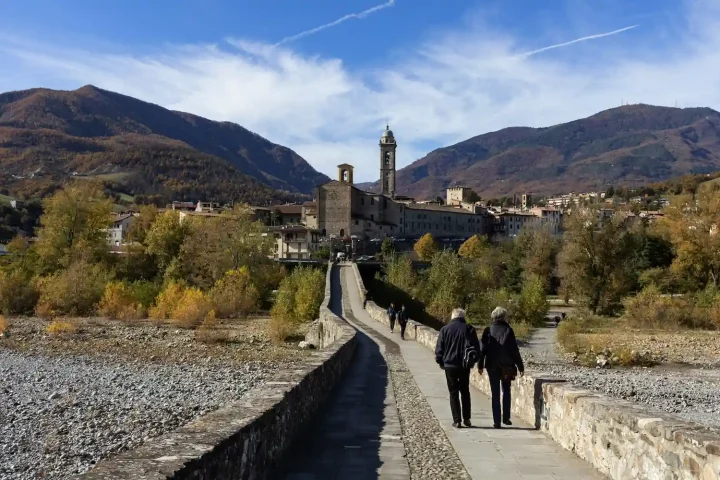Italian citizenship by marriage is a well-recognized pathway for foreign spouses to obtain nationality, fostering stronger familial ties and unlocking various benefits.
This process is governed by specific legal requirements and timelines, which can vary depending on the applicant’s location and the chosen route for citizenship. Understanding these timelines and navigating the application process effectively are essential to ensuring a smooth experience.
Current processing times for 2024/2025
Processing times for Italian citizenship by marriage depend largely on whether the application is submitted through consular or judicial procedures. Based on Law Degree Oct. 4, 2018 n. 113, the Ministry of Interior has up to 48 months to review and finalize applications, though descent-related applications typically adhere to a shorter two-year timeframe.
For citizenship applications handled via consulates, the process can take between 3 to 4 years, as consulates act as intermediaries in transferring initial documents to the Ministry. Judicial processes, on the other hand, offer a faster alternative, with timelines ranging from 1.5 to 2 years.
Take advantage of specialized assistance to secure your passport for a borderless future.
Differences between consular processes and common challenges
Consular processes involve submitting applications to the Italian consulate linked to the applicant’s Italian spouse’s AIRE registration (Registry of Italians Residing Abroad). The consulate forwards applications to the Ministry of Interior for review, serving as an intermediary for the first phase of processing. While this approach is widely used, applicants often encounter delays due to high volumes of submissions and lengthy queues at consulates.
The judicial route provides an alternative, bypassing consular involvement and enabling applications to be reviewed directly by the Ministry. Although faster, this option may involve higher costs and require legal expertise.
How to address delays and obstacles
Applicants can take proactive steps to minimize delays and overcome obstacles during the citizenship application process. Accurate documentation and timely submission are vital, as incomplete or invalid documents can lead to setbacks. Regular communication with the consulate or Prefettura handling the application ensures that updates are received and potential issues are resolved promptly.
A formal Diffida can be used to push for quicker processing if the Ministry approaches or exceeds the four-year deadline. While applicants can send this letter themselves, an attorney-drafted Diffida is generally more effective. Professional assistance, whether through legal advisors or citizenship specialists, can help avoid interruptions and streamline the overall process.
Special considerations for applicants
Certain circumstances can impact the citizenship application process. If the marriage is annulled, dissolved, or if the Italian spouse passes away during processing, the application becomes interrupted. This underscores the importance of maintaining an active and valid marital status throughout the process.
Additionally, applicants must keep the consulate or Prefettura informed of any changes in residency or address. Failure to update contact information may result in application delays or rejection due to the consulate’s inability to reach the applicant. Being attentive to these details is essential to avoiding interruptions and ensuring a successful application.
Important: As of 2025, an individual must have an Italian parent or grandparent born in Italy to qualify for Italian citizenship by descent. Alternatively, eligibility may apply if one’s Italian parent—not grandparent—resided continuously in Italy for at least two years. In both cases, it is essential that the Italian ancestor held exclusive Italian citizenship at the time of their death.
Italian citizenship by marriage presents an opportunity for foreign spouses to formalize their nationality and strengthen their connection to Italy. While processing times and requirements can pose challenges, understanding the timelines, preparing thoroughly, and seeking professional guidance can make a significant difference.
Whether navigating consular queues or opting for judicial review, proactive measures ensure that applicants can overcome obstacles and achieve their citizenship goals with confidence.






